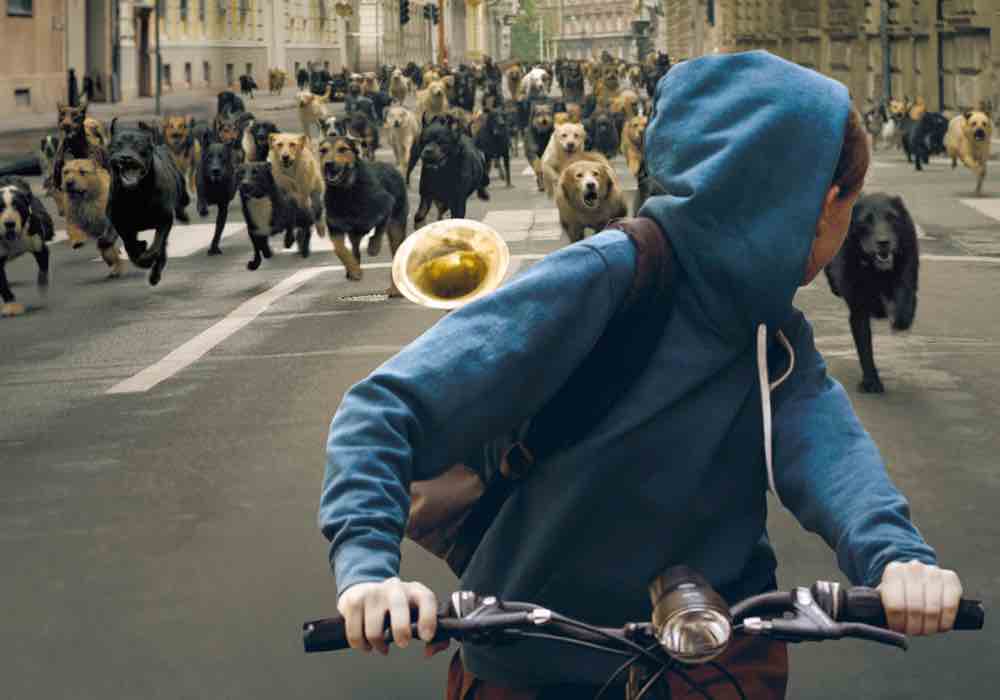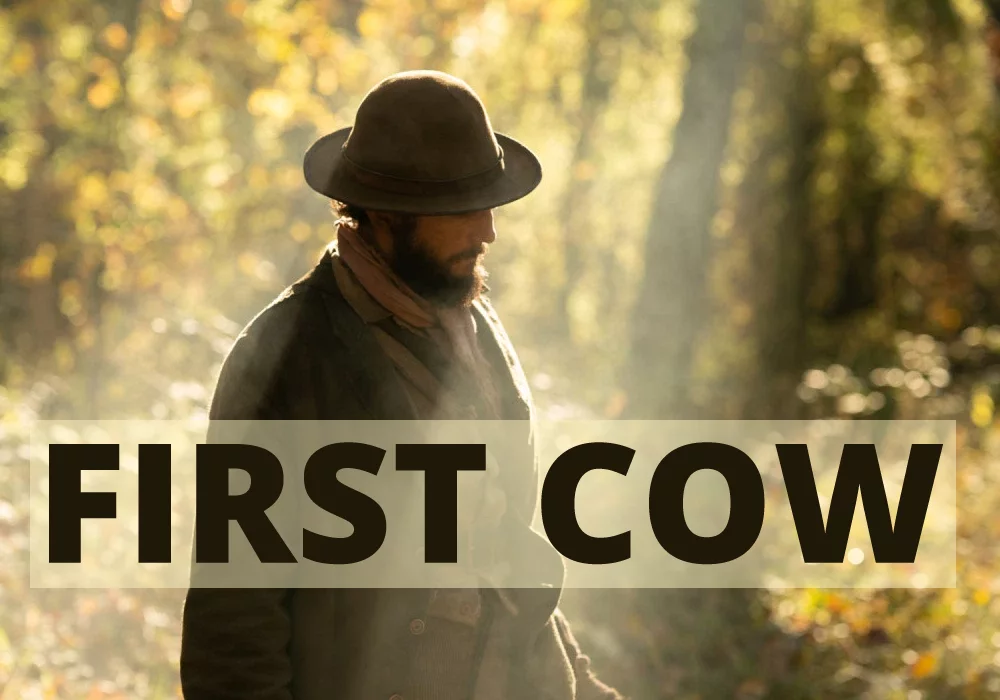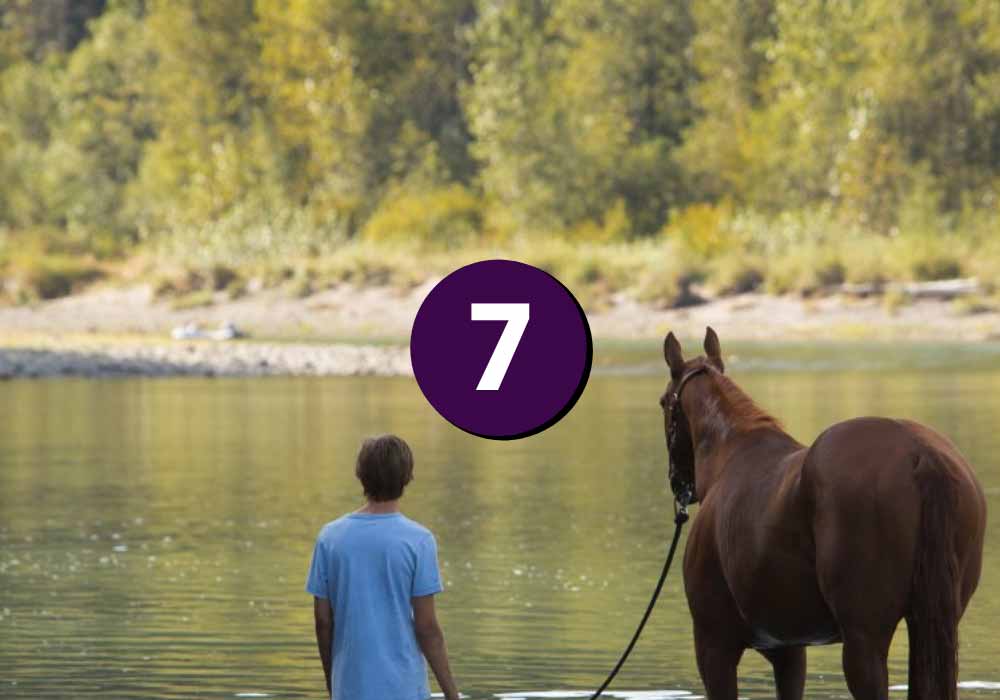Alex Heeney reviews Jerzy Skolimowski’s sharp, inventive, and heartbreaking film Eo, in which a donkey journeys across Europe, encountering human cruelty at every turn.
Read all of our TIFF 2022 coverage here.
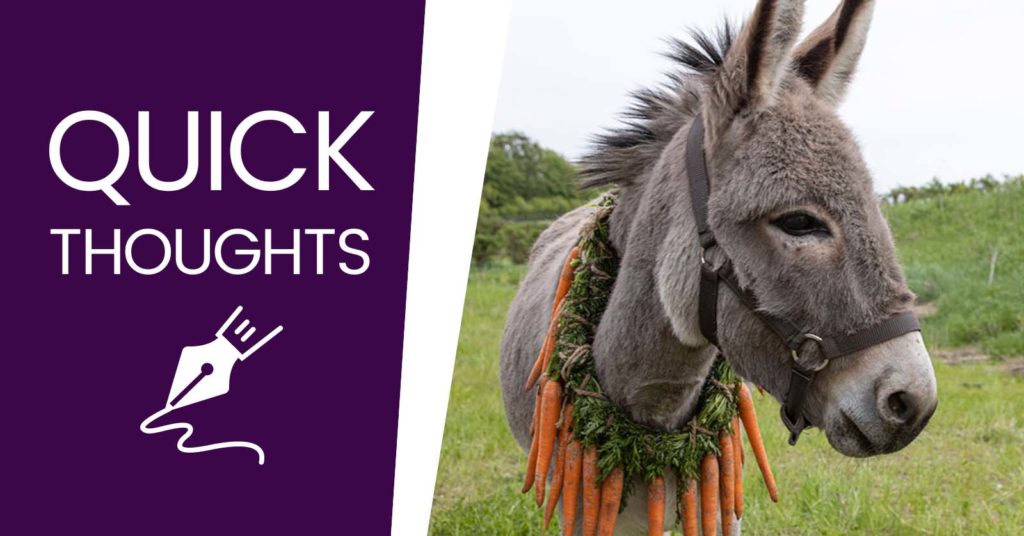
Discover one film you didn’t know you needed:
Not in the zeitgeist. Not pushed by streamers.
But still easy to find — and worth sitting with.
And a guide to help you do just that.
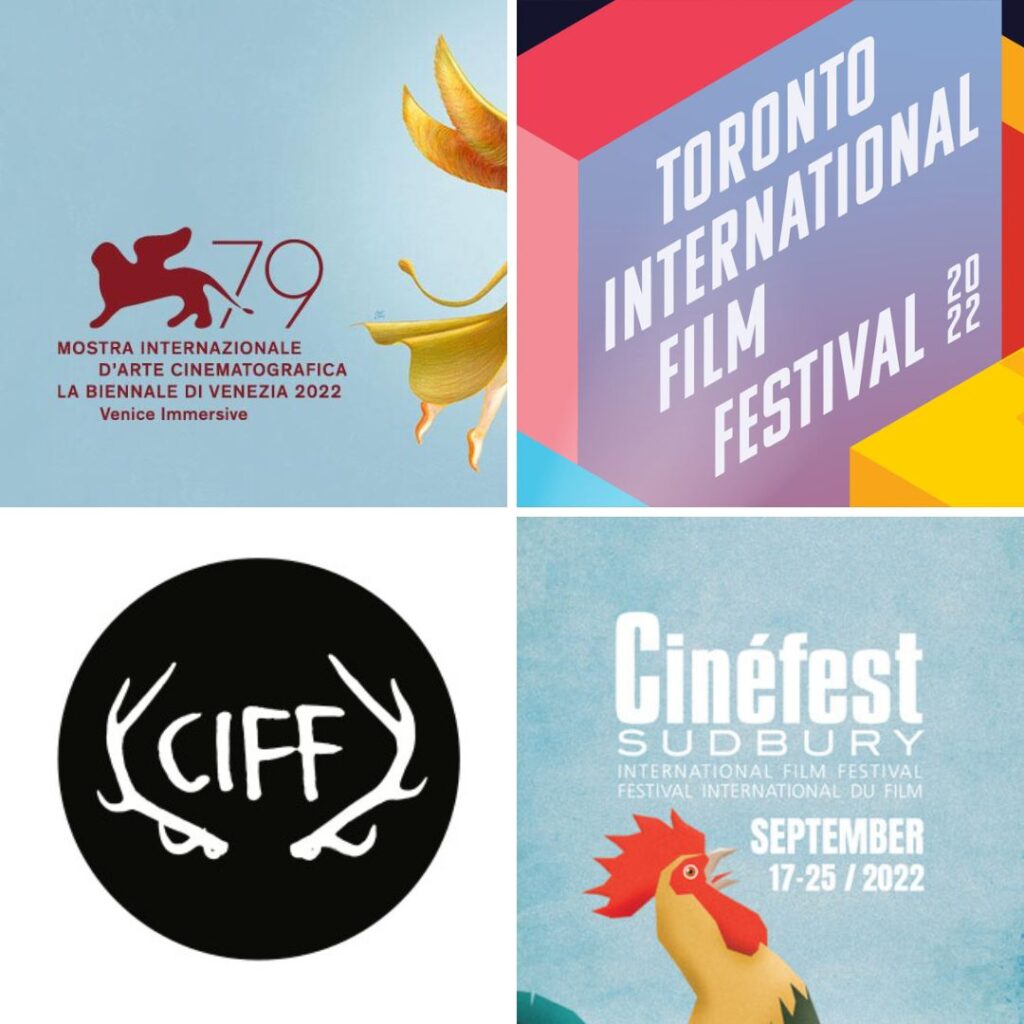
Don’t miss out on the best films on the fall film festival circuit
Join our FREE newsletter today to become a Seventh Row inside. You’ll get updates on how to see the best under-the-radar films, up-to-the-minute updates from our festival coverage, and tips on where to catch these near you.
In Jerzy Skolimowski’s sharp, inventive, and heartbreaking film Eo, the eponymous donkey is almost never not aware of human cruelty. There’s a brief moment in the beginning when he knows happiness working in a circus. The woman he performs with, under dazzling red lights, adores him, and when she lovingly pets him, Skolimowski ensures we hear the tender touch, like it’s crawling under our skin. But the other circus members beat and abuse Eo, which leads Eo to be rounded up by the animal protection authorities, forcing him to embark on a journey across Europe.
At each turn, Eo encounters new, cruel, and unusual ways in which injustice and the class system get enforced — even among animals. Lowlier animals get euthanized or murdered for meat while his betters in the animal hierarchy, horses, get pampered, given treats, and never forced into the tortuous hard labour that makes up most of Eo’s daily existence. The kicks and whips of the circus folk begin to seem like more tolerable abuse when at least that was a place where he was also loved.
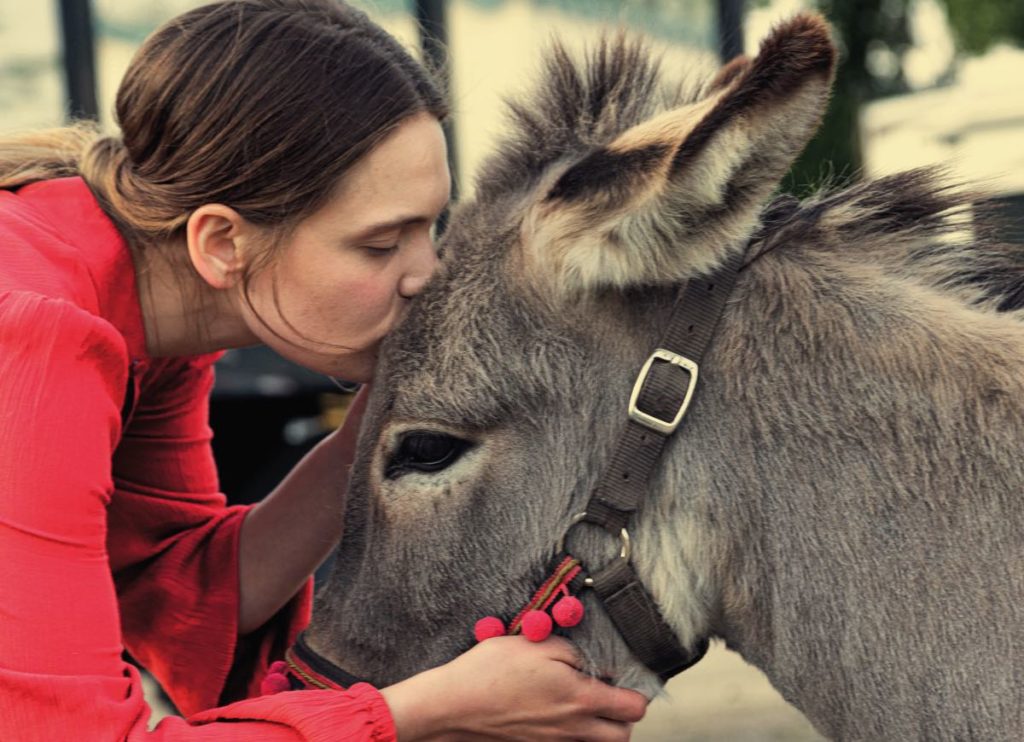
Eo, Lean on Pete, and White God
A movie about a donkey may sound like a bore — especially if, like me, you weren’t not a fan of Au hasard Balthasar (1966), which served as inspiration. But Eo is the opposite. Eo’s journey in search of a home, encountering systemic injustice at every turn, is akin to the boy Charley in Andrew Haigh’s Lean on Pete (2016): homeless, alone, walking through the wilderness in search of something better.
Whereas the horse Pete in Lean on Pete was just a horse, not a friend or anthropomorphised, Eo the donkey is much more. But both narrowly escape the worst mistreatment and slaughter for most of the film, but are nevertheless on a futile journey in this capitalist world. What Eo needs is animal solidarity and rebellion, like the dogs achieve in Kornél Mundruczó’s White God (2014). The fact that both Eo and the horses know there’s an unfair hierarchy doesn’t help him; the horses themselves have little power and don’t use it to help their underlings.
“Je veux remercier mes ânes”
When Skolimowski accepted his Jury Prize at Cannes, he opened with the unbeatable line, “Je veux remercier mes ânes” (“I want to thank my donkeys”). But equal credit is likely due to the animal trainers. I know from interviewing the animal trainer behind the dog rebellion film White God (2014, Kornél Mundruczó) had to turn street dogs into actors. We know from interviewing Lauren Henry — the animal trainer behind Andrew Haigh’s Lean on Pete (2016) and Evie the Cow in Kelly Reichardt’s First Cow (2019)— in our ebook Roads to nowhere that you have to create situations, sound, and image where you can give the animal simple directions — turn your head, look down, walk to the right — which can create the illusion of an animal character thinking and feeling.
Skolimowski, his donkeys, and his animal trainers have successfully crafted a film around a donkey character that puts Eo in thoughtful enough situations that we feel like Eo is really emoting, understanding, and responding to them.
Read our in-depth interview with the animal trainer behind Lean on Pete and First Cow
Roads to nowhere: Kelly Reichardt’s broken American dreams is an ebook that will take you on a journey through Reichardt’s filmography.
It’s also the only place you can find interviews with her and all her collaborators, which together reveal Reichardt’s filmmaking process like never before. This includes an interview with animal trainer Lauren Henry on how you get animals to act.
Discover more films like Eo, which feature animal leading actors

Become a Seventh Row insider
Be the first to know about the most exciting emerging actors and the best new films, well before other outlets dedicate space to them, if they even do.
